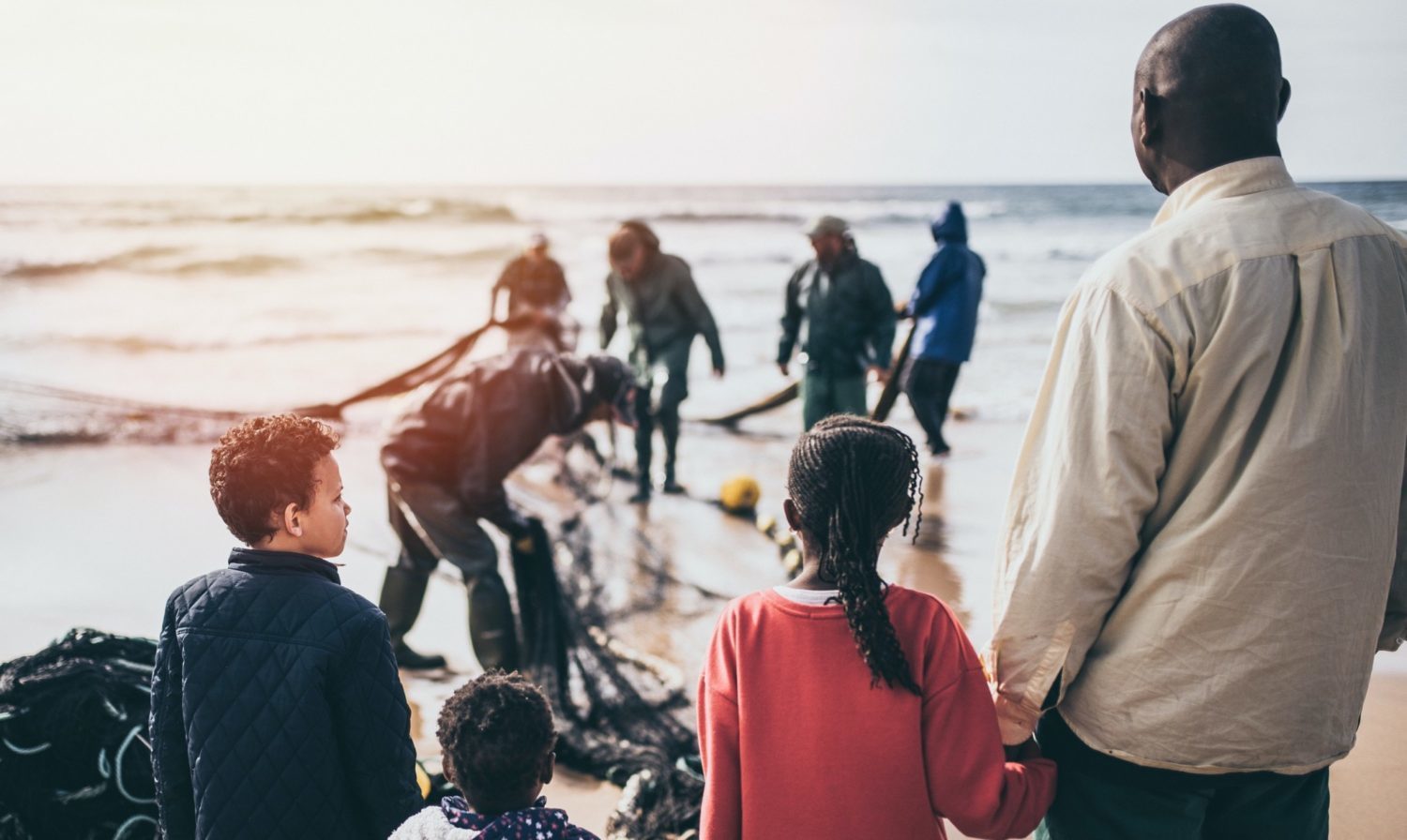
As the COVID-19 crisis has escalated, it has been heart-warming to see communities come together as one and our government coming to the aid of people going through tough times.
The crisis has had far-reaching consequences, leaving no-one untouched.
However, the pandemic is far from being an equaliser and its consequences are being felt much harder by people who have spent years on the margins of our society.
The refugee community is one such group in Australia who are feeling the brunt of COVID-19.
Over the past few weeks, my colleagues and I at the Refugee Advice and Casework Service (RACS), along with many other human rights organisations across the country, have been fielding calls from refugees and people seeking asylum.
These are people who have lost their jobs, who are unsure if their visas will be renewed or where their next meal will come from.
I have personally spoken to a number of people about these concerns, including a family seeking asylum who have been cut off from government support during the last few weeks. This was in the same period that our government announced a significant stimulus package to extend and expand social security payments to help people get through this crisis.
I have had to explain to people who have lost their jobs because of COVID-19 why they don’t qualify for the financial support in the historically large stimulus packages that Scott Morrison has announced. It is difficult for people who have been laid off work to understand why they don’t qualify for government support, while their former colleagues do.
Many of these men and women are not new arrivals. Most have been living here for over eight years, contributing to our economy. They have made lifelong friends here, and have become part of our neighbourhoods and communities.
Their precarious visa situation – which is the reason they are not eligible for government support – is out of their control. It is due to the protracted and unfair refugee determination process, that some people have been waiting several years to even have a first interview with the department.
In many cases, their lack of access to welfare support is due to severe cuts made by the government over the last few years to the already limited support provided to people seeking asylum.
COVID-19 poses an even higher risk to refugees who are held in cramped conditions in immigration detention centres. The health department’s own website says so. But so far calls for measures to be put in place to protect people held in detention have gone mostly unanswered.
After being indefinitely detained for years, some people in immigration detention now face a pandemic and have absolutely no way to protect themselves from it.
Our Prime Minister insists that “We will get through this together”, but even in this time of community spirit, we continue to marginalise and discriminate against refugees and people seeking asylum.
If we are to be judged by how we treat the most vulnerable among us, we would fare poorly.


